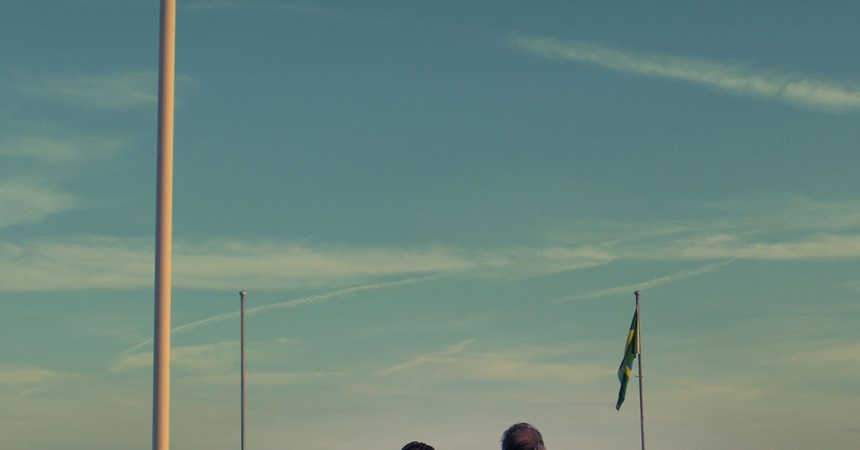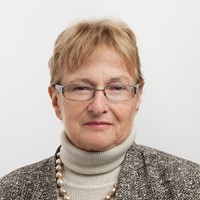We are trying to understand how and why the litany of abuse occurred; how to prevent such abuses recurring; how to help heal victims and each other. People are responding in denial and disbelief; feeling immobilised; challenging the reality; feeling violated by the Church in which our feet were planted; running away from the shame; retreating to secularism; dismissing the issue as an historical event; defending our Church and reminding others that most sexual abuse occurs in families; rejecting faith, or rejecting the clerical side of our Church. Perhaps we adopt various responses at various times and with various friends, family or work colleagues?
‘How to respond’, individually and collectively, has occupied my mind since well before the advent of the RC. Having worked with victims and survivors of childhood sexual abuse for 40 years, I have been privileged to share insights into the horrors of their pain. I have also been privy to the failure of people to understand the gravity of the violation in clerical or familial sexual abuse and its lifelong impact.
Above all, the men and women who are the survivors of abuse are the ones who need “extra special care”. This is not just the domain of therapists and counsellors. If we are to truly live our shared common humanity – all of us people of God – we must be able to accept suffering, the human frailty that accompanies it, and the need to counter the diminishment of our fellow travellers. Included in that frailty is our own. It is tough to engage with the pain of others and to acknowledge our own complicity in causing pain. If we are to be deeply human, we need to address our own attitudes to vulnerability and frailty. As the RC has already demonstrated, we are all of us complicit in some way in the failure to protect children. The safety and protection of children, and of all who are vulnerable, are the responsibility of each of us. Catholic Social Teaching requires no less.
It is also important to acknowledge that so many are suffering. Most will suffer differently and less profoundly than the direct victims but their suffering can be palpable. Families suffer the shared pain and sometimes guilt by inaction or apparent complicity, and may hurt for generations. Similarly, innocent members of our Church congregations, many elderly, suffer the stain of their association with members of their congregations with whom they have dedicated their lives. We are blessed with thousands of priests who live dedicated lives of faith and who now grapple with the sense of contagion, disbelief and confusion. There are many, many thousands of men and women who work for various Catholic ministries. Here we have people of deep faith, many faiths and no faith, all inspired by the Gospel and the call to service. How do they make sense of abuse that may have occurred in their communities? In our Church communities we often sit in silence as we wonder what this all means to us, our children and friends who listen and who walk with their feet, and their souls, away from our Church.
Implicit in these ideas is an inner space of acceptance that will promise to bring some peace and healing, and a healthier future. Acceptance of what? That such terrible evil and harm has occurred; that people who have suffered must be believed and respected; that good people can do terrible things; that to hurt a child is to change a life forever; that we all share a frail human condition. Above all is the need to accept that our Church too is frail. When asked why he had remained a committed Catholic despite his negative experiences, the great author, Morris West, said something like, “because the Church is a divinely human institution”. Perceptively, in his memoirs he also said, “Institutional power distances men and women from their own humanity.” Let us all be alert to the seductiveness of institutional power as we “take extra special care”.
Along with the capacity for evil is the capacity for good – and this is so evident in those of faith who continue their journeys of hope and mutual caring despite the evidence of evil that threatens to annihilate belief and goodness. We will all experience degrees of pain as we confront evil and human failure in the history of our community and our Church. And as we face our doubts and our pain, we can still hold on to the teachings of Jesus, walk in humility with him and engage with his suffering in the garden. In the story of Jesus’ temptations, God reveals in his son Jesus the joy of his love and also the vulnerability of his human frailty.
What does this mean in practical terms?
Embrace survivors and those in pain. Don’t hide from them.
Talk about your own distress. Listen to the distress of others and particularly those who cannot believe or who feel abandoned by their Church.
Share prayers of forgiveness, talk with each other, perhaps form or join a group and acknowledge the frailty that surrounds us all.
Above all, we might keep in mind what Jesus said, “By this shall all know that you are my disciples, that you have love for one another.”
It’s his special message that underpins our “extra special care”.
Member of the Truth Justice and Healing Council, Professor Maria Harries AM, is Adjunct Professor at Curtin University and a Senior Honorary Research Fellow in Social Work and Social Policy in the School of Population Health at The University of Western Australia. She is Chair of Catholic Social Services Australia. Her career has been dedicated to assisting children and families, particularly in relation to mental health and trauma associated with experiences of abuse and violence.




























































































